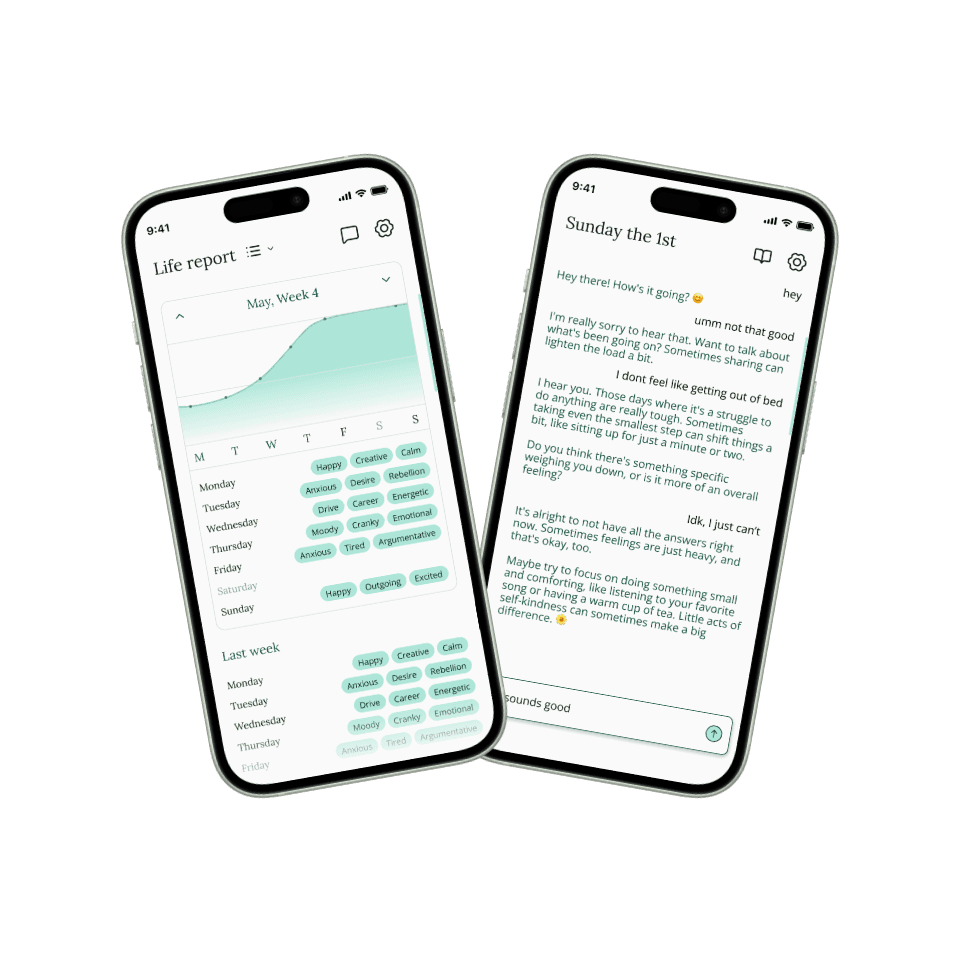
NHS Waiting Times 2024: What to do while waiting
NHS Waiting Times 2024: What to do while waiting
Sep 19, 2024
Sep 19, 2024
The NHS therapy waiting list can be daunting, with mental health and therapy services seeing increased demand across the UK. Whether you're waiting for counselling, Cognitive Behavioural Therapy (CBT), or specialized mental health care, understanding the reasons behind delays and what you can do in the meantime is essential. In this post, we’ll explore the causes of long waiting times, how to cope while you wait, and alternative options that can provide support sooner.
What Can You Do While You Wait for Therapy?
Waiting for therapy can be frustrating, but there are proactive steps you can take to support your mental well-being in the interim. Here are some practical options:
Practice Self-Care: Incorporating daily habits like mindfulness, exercise, and journaling can help alleviate stress and anxiety while you wait.
Seek Peer Support: Many communities offer peer support groups where you can connect with others experiencing similar challenges.
Use Mental Health Apps: Apps like Calm, Verba, or BetterHelp provide interim support and coping strategies that can be highly effective for managing symptoms.
Online Resources: Websites such as Mind and Mental Health Foundation offer a wealth of advice, tools, and resources to help manage mental health conditions on your own.
Alternative Options: Accessing Therapy Faster
While the NHS is a vital service, you may consider other options to access therapy faster:
Private Therapy: If you can afford it, private therapy is often quicker. Many private therapists offer sliding scale fees to make their services more accessible.
Charity and Non-Profit Organisations: Some charities provide free or low-cost counselling services with shorter wait times than the NHS. Organisations like Mind and Samaritans are excellent starting points.
Employee Assistance Programmes (EAPs): Many employers offer free counselling through EAPs. Check with your HR department to see if this is an option.
How to Cope with NHS Therapy Delays
Waiting for therapy can feel disheartening, but there are steps to make the process more bearable:
Stay Informed: Stay in touch with your GP or mental health provider to get updates on your waiting time. Sometimes cancellations can lead to quicker appointments.
Track Your Symptoms: Keeping a journal of your symptoms can help you understand any changes in your mental health, which you can later discuss with your therapist.
Build a Support Network: Surround yourself with friends, family, and loved ones who can provide emotional support during this waiting period.
Why Are NHS Therapy Waiting Lists So Long?
The demand for mental health services has surged in recent years, especially post-pandemic. The NHS is under pressure to serve a growing number of people with limited resources. Key reasons behind long NHS therapy waiting lists include:
High Demand: More people are seeking mental health support than ever before, particularly for common issues like anxiety and depression.
Resource Constraints: While the NHS provides invaluable services, funding limitations and staff shortages hinder the system’s ability to meet the growing demand.
Regional Differences: Waiting times vary across the UK, with some areas facing longer delays than others due to population density and availability of services.
In Conclusion: Finding Balance During the Wait
The NHS therapy waiting list can be challenging, but by taking proactive steps, you can manage your mental health while awaiting professional help. Practice self-care, explore other support options, and stay patient. Remember, your mental health is a journey, and while waiting for therapy may be tough, there are resources and strategies you can use to feel better in the meantime.
The NHS therapy waiting list can be daunting, with mental health and therapy services seeing increased demand across the UK. Whether you're waiting for counselling, Cognitive Behavioural Therapy (CBT), or specialized mental health care, understanding the reasons behind delays and what you can do in the meantime is essential. In this post, we’ll explore the causes of long waiting times, how to cope while you wait, and alternative options that can provide support sooner.
What Can You Do While You Wait for Therapy?
Waiting for therapy can be frustrating, but there are proactive steps you can take to support your mental well-being in the interim. Here are some practical options:
Practice Self-Care: Incorporating daily habits like mindfulness, exercise, and journaling can help alleviate stress and anxiety while you wait.
Seek Peer Support: Many communities offer peer support groups where you can connect with others experiencing similar challenges.
Use Mental Health Apps: Apps like Calm, Verba, or BetterHelp provide interim support and coping strategies that can be highly effective for managing symptoms.
Online Resources: Websites such as Mind and Mental Health Foundation offer a wealth of advice, tools, and resources to help manage mental health conditions on your own.
Alternative Options: Accessing Therapy Faster
While the NHS is a vital service, you may consider other options to access therapy faster:
Private Therapy: If you can afford it, private therapy is often quicker. Many private therapists offer sliding scale fees to make their services more accessible.
Charity and Non-Profit Organisations: Some charities provide free or low-cost counselling services with shorter wait times than the NHS. Organisations like Mind and Samaritans are excellent starting points.
Employee Assistance Programmes (EAPs): Many employers offer free counselling through EAPs. Check with your HR department to see if this is an option.
How to Cope with NHS Therapy Delays
Waiting for therapy can feel disheartening, but there are steps to make the process more bearable:
Stay Informed: Stay in touch with your GP or mental health provider to get updates on your waiting time. Sometimes cancellations can lead to quicker appointments.
Track Your Symptoms: Keeping a journal of your symptoms can help you understand any changes in your mental health, which you can later discuss with your therapist.
Build a Support Network: Surround yourself with friends, family, and loved ones who can provide emotional support during this waiting period.
Why Are NHS Therapy Waiting Lists So Long?
The demand for mental health services has surged in recent years, especially post-pandemic. The NHS is under pressure to serve a growing number of people with limited resources. Key reasons behind long NHS therapy waiting lists include:
High Demand: More people are seeking mental health support than ever before, particularly for common issues like anxiety and depression.
Resource Constraints: While the NHS provides invaluable services, funding limitations and staff shortages hinder the system’s ability to meet the growing demand.
Regional Differences: Waiting times vary across the UK, with some areas facing longer delays than others due to population density and availability of services.
In Conclusion: Finding Balance During the Wait
The NHS therapy waiting list can be challenging, but by taking proactive steps, you can manage your mental health while awaiting professional help. Practice self-care, explore other support options, and stay patient. Remember, your mental health is a journey, and while waiting for therapy may be tough, there are resources and strategies you can use to feel better in the meantime.
View more insightful blog articles
Today's tune



Track your mental health and get support between sessions with Verba
Learn more

Track your mental health and get support between sessions with Verba
Learn more

Track your mental health and get support between sessions with Verba
Learn more

Advait Naik
Advait is the founder of Verba and is working at the intersection of psychology, design and technology to create Verba, an app that helps us be more self aware through clarity and communicate our life in therapy